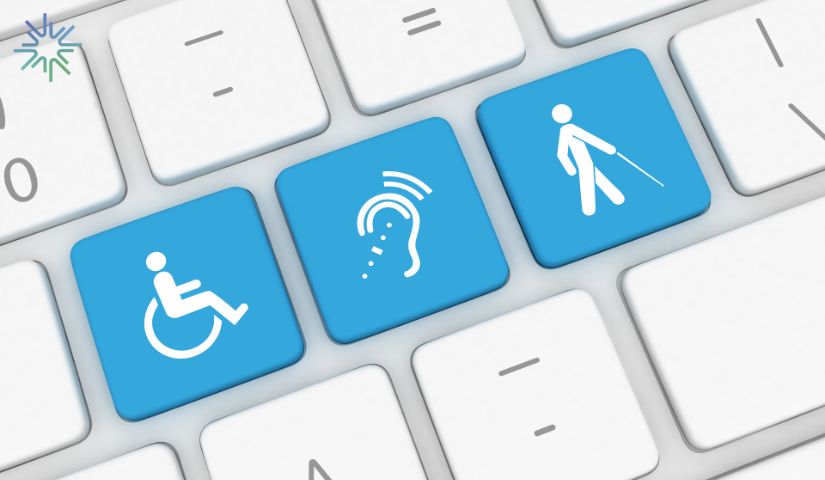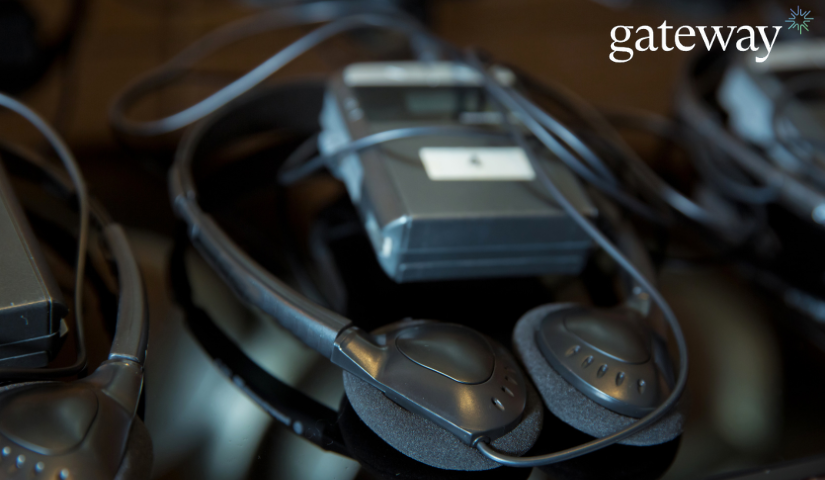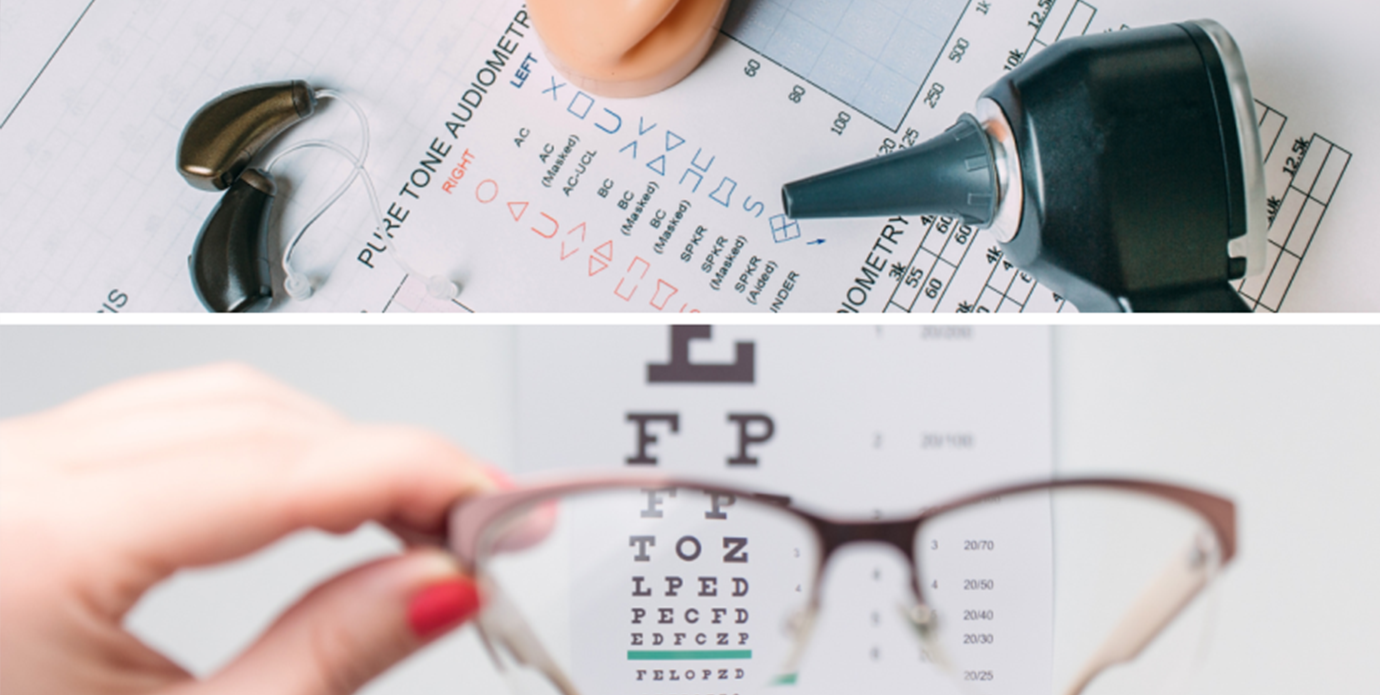
Knowledge Base
Knowledge Base
-
 Uncategorized
UncategorizedWhat is Transformational Leadership?
At some point in my leadership journey, I realized the word I had been searching for all along was transformational. Not “traditional.” Not “managerial.” Transformational. It clicked because it describes not only how I lead — but what I believe in. It puts a name to the kind of leadership I’ve been cultivating at Gateway […]
-
 History
HistoryA Letter to Maryland: Interpreter Licensing Reform Must Be Built on Equity, Not Exclusion
As the Language Access and Inclusion Director at Gateway Maryland (a Baltimore City Non Profit approaching 100 years of service in 2026; 30+ years of providing interpreting services), as a certified interpreter and interpreter educator for over 25 years, and with a doctorate in Urban Education Leadership focused on sign language interpreting practices, I commend […]
-
 ASL
ASLThe Cost of Stepping Back
Let’s ask the hard question: What happens to language access when we, as a society, step back from prioritizing equity and inclusion? What happens when we shrink our commitment to human rights, to access, to connection? The answer isn’t abstract. It’s being lived. It’s painful. And for many in the Deaf and hard of hearing […]
-
 Audiology
AudiologyAn Overlooked Connection Between Mental and Hearing Health
There’s a conversation many people are missing—sometimes literally. It’s the connection between hearing health and mental health. And when it’s not talked about, the consequences can be profound. Hearing loss is more than just a physical condition. It touches every corner of a person’s life, often in quiet, intangible ways. From strained relationships to growing […]
-
 Uncategorized
UncategorizedThe Role of ASL and Speech Therapy in Autism Support
Expanding Communication for Non-Verbal and Minimally Verbal Autistic Individuals For many autistic individuals, communication is not just about words—it’s about connection. Autism is a spectrum, and so is the way autistic individuals communicate. Some use spoken language fluently, while others may be non-verbal or minimally verbal. For those who experience difficulty with traditional speech, alternative […]
-
 Brand Building
Brand BuildingThe Leadership Responsibility of Language Access
Language is the foundation of connection. It is how we share ideas, build relationships, and advocate for ourselves. But what happens when communication is inaccessible? What if the way we exchange information isn’t designed for everyone? As a leader, ensuring language access isn’t just a courtesy—it’s a responsibility. At Gateway, we are deeply aware of […]
-
 ASL
ASLAI vs. Human Interpreters: Can Technology Replace ASL Interpreters?
In recent years, artificial intelligence (AI) and machine learning have made significant strides in various fields, including language translation and interpretation. One area of particular interest is the translation of American Sign Language (ASL), a complex visual language used by the signing community. As AI technologies continue to evolve, a pressing question arises: Can AI […]
-
 ASL | Interpreting
ASL | InterpretingDEI, Language Access, and the New Administration: What It Means for the Language Access
Change is in the air, and with a new administration comes a wave of policy shifts that have already impacted language access for the Deaf and Hard of Hearing community. One of the biggest conversations happening right now is around Diversity, Equity, and Inclusion (DEI). While DEI initiatives are often discussed in terms of race, […]
-
 Uncategorized
UncategorizedThe Power of Diverse Leadership
Leadership is not about titles. It’s about showing up, making an impact, and lifting others along with you as you climb. I’ve seen this truth play out time and time again—whether in my role as Chief Operating Officer at Gateway or as a Girl Scout troop leader, guiding young girls to find their confidence and […]



